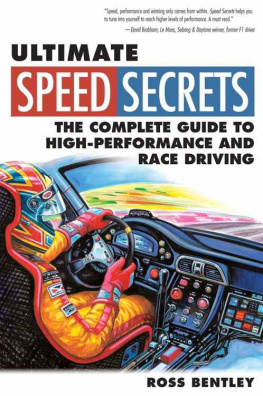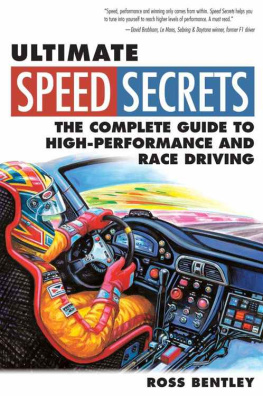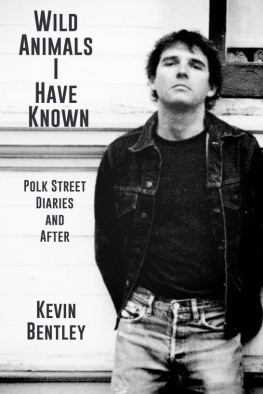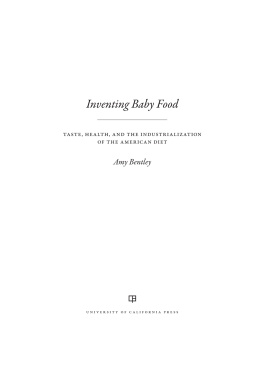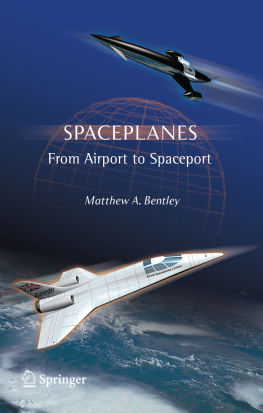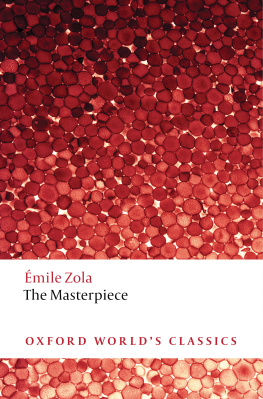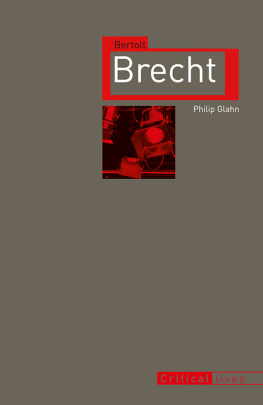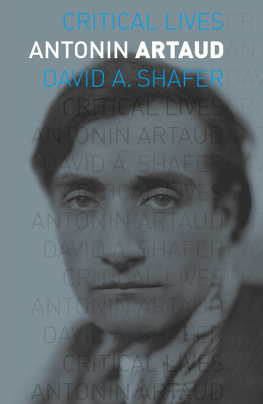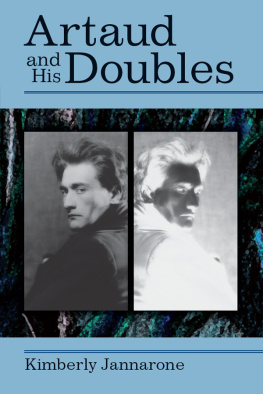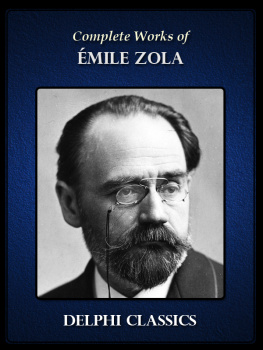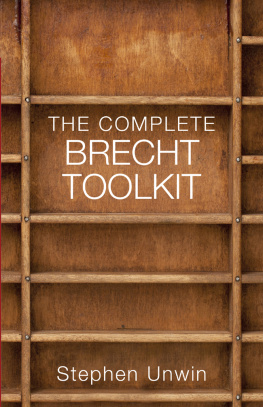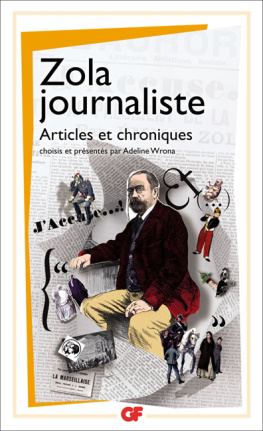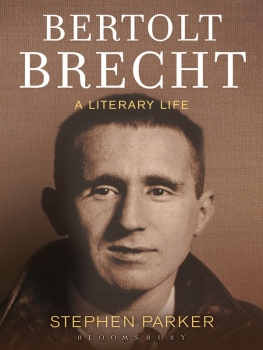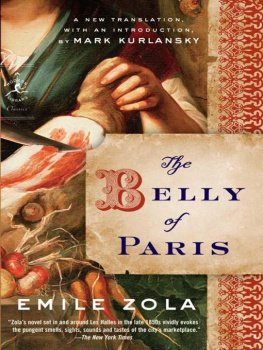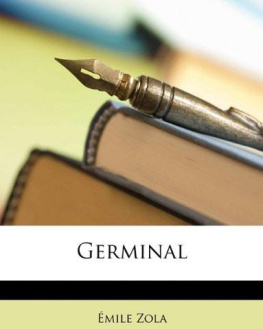Born in England in 1916, Eric Bentley became an American citizen in 1948 and in 1998 was inducted into the (American) Theatre Hall of Fame. By that time he was an established playwright, scholar and critic, and today (2008) nine of his plays are in print in a three-volume set under the titles Rallying Cries, The Kleist Variations and Monstrous Martyrdoms , the best known of the plays being Lord Alfreds Lover and Are You Now Or Have You Ever Been . He is the editor of the works of Brecht in the Grove Press edition, and the translator of two Brecht plays published by Penguin, The Caucasian Chalk Circle and The Good Woman of Setzuan . His two books on Brecht are today available in the single volume Bentley on Brecht . His critical books include The Playwright as Thinker, Thinking about the Playwright, What is Theatre? and The Life of the Drama .
The Theory
of the Modern Stage
From Artaud to Zola:
An introduction to modern theatre and drama
Edited by
ERIC BENTLEY

PENGUIN BOOKS
PENGUIN CLASSICS
Published by the Penguin Group
Penguin Books Ltd, 80 Strand, London WC2R 0RL , England
Penguin Group (USA) Inc., 375 Hudson Street, New York, New York 10014, USA
Penguin Group (Canada), 90 Eglinton Avenue East, Suite 700, Toronto, Ontario, Canada M4P 2Y3
(a division of Pearson Penguin Canada Inc.)
Penguin Ireland, 25 St Stephens Green, Dublin 2, Ireland (a division of Penguin Books Ltd)
Penguin Group (Australia), 250 Camberwell Road, Camberwell,
Victoria 3124, Australia (a division of Pearson Australia Group Pty Ltd)
Penguin Books India Pvt Ltd, 11 Community Centre,
Panchsheel Park, New Delhi - 110 017, India
Penguin Group (NZ), 67 Apollo Drive, Rosedale, North Shore 0632, New Zealand
(a division of Pearson New Zealand Ltd)
Penguin Books (South Africa) (Pty) Ltd, 24 Sturdee Avenue, Rosebank, Johannesburg 2196, South Africa
Penguin Books Ltd, Registered Offices: 80 Strand, London WC2R 0RL , England
www.penguin.com
First published in Pelican Books 1968
Reprinted with revisions 1976
Reprinted in Penguin Books 1990
Reprinted with corrections, a new postscript and a revised index 1992
Published in Penguin Modern Classics 2008
1
Selection, Preface and commentary copyright Eric Bentley, 1968, 1976
All rights reserved
The moral right of the editor has been asserted
Except in the United States of America, this book is sold subject to the condition that it shall not, by way of trade or otherwise, be lent, re-sold, hired out, or otherwise circulated without the publishers prior consent in any form of binding or cover other than that in which it is published and without a similar condition including this condition being imposed on the subsequent purchaser
978-0-14-191784-9
For
HALLIE FLANAGAN DAVIS
creator of the first peoples theatre
in the new world
Contents
Preface (1968)
T HE reader of a book such as this, or even the bookshop browser who has not yet decided whether to buy it, deserves to be told what he may expect what the editor intended to offer and what the editor knew he was not offering.
What is the theory of the modern stage? Let me break the question into three. What (in the book) is theory? What, modern? And what, the stage?
It is always easier to lead off with a denial. Theory is not criticism: this book (I could tell myself early in my own planning) must not be a collection either of theatre reviews or of articles on plays or playwrights. My concern must be with general principles. With the word modern I had alternatives: the kind of drama we all call modern can be traced back, and often has been, to the middle of the eighteenth century, but generally we are thinking of Ibsen and after. For reasons of space I certainly had to think as we generally do, though I am glad to say that there is a good deal of referring back to the eighteenth century by the authors I have selected. The term the stage takes in forms of art not treated here, such as music hall and perhaps the circus (though the latter really has no stage), and is sometimes used to exclude an art that is treated here the drama. Some people, even when they have finished reading this book, will say it should have been called The Theory of the Drama . I myself would plead, however, that no book of pure dramatic theory would give such prominence to, say, Stanislavsky or Gordon Craig. Yet the word theatre ( The Theory of the Theatre ) would probably mislead in just the opposite direction. I like to think that the term the Stage still suggests the inseparable union of theatre and drama. And so this book is entitled: The Theory of the Modern Stage .
It also has a subtitle: An Introduction to Modern Theatre and Drama, the second half of which merely removes any vestigial ambiguities in the main title. The unremarkable word Introduction found its way in only after my thinking about the book had gone through several stages.
A person who is invited to edit a book on a given subject assumes, does he not, that the subject exists? Publishers must know what they are doing when they issue invitations! And after all one has heard of the theory of the modern stage or something very like it. Ergo , there must be such a thing.
A person like myself who has even lived a good part of his life with the thing, and with all the phrases used to describe it, such as theory of the modern stage, is all the more apt to suppose, first, that the thing is very much there and, second, that he very certainly knows what it is. Yet, when the moment comes, one wonders.
There is a situation which we would like to be able to say exists, or which, at any rate, the rationalist within us would like to say exists. I would call it the foursquare situation. If life, if history, were foursquare, everything would be what it was, everything would be in its proper place, and classification would be as satisfactory as it sounds. For example, mile Zola would be Naturalism, and Naturalism would be mile Zola, and no discrepancy between theory and practice would be permitted. The novels would exemplify the essays, and the essays would summarize the novels.
Now mile Zola is only a relatively difficult case. At least he did have the grace to subscribe to an Ism, and to define it with considerable lucidity and eloquence. What of artists who are scarcely theorists at all? What of artists who are bad theorists? What of artists who are bad writers?
It might be thaught that bad writers would not come within the compass of a book like this in any case. Not so. The theatre arts are not all verbal: some of the theatres artists must be permitted to be bad writers. They can be overlooked then! says the newcomer to this scene. Not so, neither! What they are fumbling to say may be very good; and it may be significant that it was said, or half-said, by them in particular; and even if it is not very good, it may be important in the future because it has been influential in the past. Is there a scandal in this last criterion? Shall I be told that, if we are talking of more historical weight , I might as well have confined this study to the commercial theatre, and presented the views of C. B. Cochran, Hugh Beaumont, David Merrick and such? No, I think certain standards are built into the very notion of a book like this. That is why I did not bother to mention them when defining modern theatre. It was, is, and will be pretty clear that my understanding of what modern theatre is diverges from that of the average ticket buyer in the West End or on Broadway. When I say that influence is important per se , I mean, for example, the influence of Richard Wagners writing. They are not writings I admire. They are simply writings I cannot deny the influence, the historic role, of. Therefore something had to be done about them in this book.


